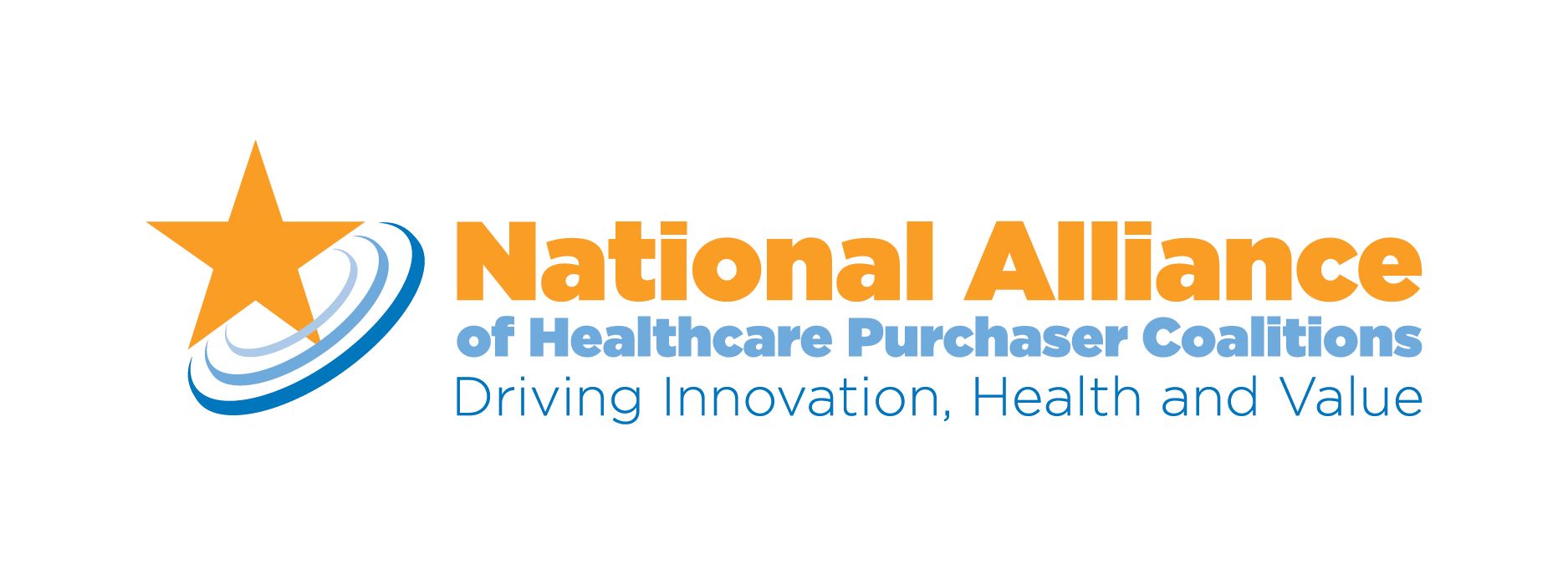
Margaret Rehayem: Rebates Remain Influential and a Barrier to Biosimilar Adoption for Employers

Rebates remain very attractive for many employers, but they should push back on the reliance on rebates that may be preventing biosimilars from being added to formularies, said Margaret Rehayem, vice president, National Alliance of Healthcare Purchaser Coalitions.
Rebates remain very attractive for many employers, but they should push back on the reliance on rebates that may be preventing biosimilars from being added to formularies, said Margaret Rehayem, vice president, National Alliance of Healthcare Purchaser Coalitions.
Transcript
Biosimilars are less expensive than the reference product, but there are rebates available for the reference. What is the thought process for employers when weighing the rebates offered vs switching to a biosimilar?
I know there's a lot that could go into the weeds on this particular conversation, because there's so many different dynamics that come up when you're talking about rebates. It's not a simple discussion for an employer to have. I think many employers are still highly influenced by the money that's offered with a rebate and many times will still move in that direction, because it's a simpler conversation. It's a simpler decision. But there are some employers that are starting to push back on rebates. We are actually encouraging employers to look at formularies that are, over time looking at reducing the reliance on rebates and really looking at drug value and looking at effectiveness and really making sure that their particular formulary has the right drugs that can get patients to the treatment that they need faster.
One other thing that I do want to add in is that we did this point-counterpoint with our employers around some of the things that they're told by PBMs [pharmacy benefit managers] as to why a biosimilar may not even be on formulary. Some of them are told that adopting biosimilars will result in a loss of rebates and a higher cost per employer. And that's not true. A lot of these drugs are out in the market that are FDA approved, and they can and should be on formulary.
Other than rebates, what other barriers do employers face that slow down the adoption of biosimilars?
I think that many times they're not being put on formulary at all. Employers are being told that they're not available. Or if they are put on formulary many times, they're put on a different tier, so the access level is not there. It really is a shell game. Depending on the employer, depending on the PBM that they're working with, the employer is not having a transparent conversation around how to be able to have access to biosimilars. Therefore, adoption is slowed.
The other thing is that some biosimilars will show up on the medical side. That brings in the carrier, the health plan. I think employers need to be better armed with what their PBM and their carrier is going to tell them about the efficacy of a biosimilar, around the availability about of the biosimilar, so they can make the proper decisions on what should be on formulary.
Newsletter
Stay ahead of policy, cost, and value—subscribe to AJMC for expert insights at the intersection of clinical care and health economics.









